There is much for us to digest in this report - the most substantial research syntheses to have been written on the subject - and many of the links provided in this blog posting will take you directly to the reports dedicated web page.
Alongside it’s little sister of a short report and accompanying policy briefings, the overarching messages are clear and unequivocal:
1. The arts, imagination and creativity can help keep us well, aid our recovery and support longer lives better lived.
2. Prescribing arts to deliver health saves money.
3. There is great potential for the arts to do more to help meet major challenges facing health and social care: mental health, ageing, loneliness and long-term conditions.
Creative Health reflects further on NHS Chief Executive, Simon Stevens’ strategic plan set out in his Five Year Forward View for NHS England focusing on the development of ‘community based non-medical responses to a range of physical and mental health and wellbeing needs’. As Lord Crisp has suggested, a healthy and health-creating society must aim for ‘the transformation of the health and care system from a hospital-centred and illness-based system to a person-centred and health-based system’. As the report suggests, artists and arts organisations can contribute to achieving this by fostering individual creativity and social inclusion and balance technical innovation with social innovation.
Whilst the report gives a forensic overview of research and practice across the life course, (and detail on evidence and methodology) and explores the policy and commissioning landscape - it does much more! Upfront and bold is the section on the social determinants of health and wellbeing, and it is this section, I’d suggest, that is critical to us moving forward, if we are really going to influence social change. Read it, digest it and perhaps we should have another event in Manchester early 2018 that focuses explicitly on social determinants, inequalities and social justice which should underpin all we do.
At the public launch of the report, I eluded to social justice as underpinning our work, and all the people who shared their stories in those exquisite vignettes on Friday, expand more lyrically on what I mean by this, than I could in writing a blog! By sharing the vision, practice and lived realities of people across Greater Manchester we were able to crystallise some of the macro ideas in this report, into the small scale, intimate and real.
The day began with a welcome to the university by Pro Vice Chancellor for Research and Knowledge Exchange, Professor Richard Green and an introduction to some of the themes in the report by vice-chair of the APPG, MP for Vale of Clwyd, Chris Ruane. Following some contextual thinking that I shared with delegates, it was my pleasure to introduce the ‘main act’, so to speak - the Rt Hon. Lord Howarth of Newport. In my short overview to Lord Howarth, I gave some acknowledgement to his genuine commitment to this field which I’ve had the pleasure to share with him over the last five or so years, from policy conversations with politicians in Whitehall to the actually nitty-gritty of doing things! (this is important) Not just talking, but enabling, pushing, inspiring and making things possible.
Personally, I never thought I’d see an image by David Shrigley sitting alongside the institutional image of government, like the APPG portcullis logo, but this tells us a lot about this report and not only the political stealth behind it: it tells us something about Alan Howarth’s passion, conviction and vision. He has given all of us involved, great faith in the political system, at a time when other elements of it leave me personally flat. Regular readers of this blog will realise that this is somewhat an understatement!
He is a great champion to our community of interest, and his response to the Manifesto for Arts & Health in 2012 gives us a key to his core values:
“Trust, arduousness, risk, self expression and shared work are means of moving towards individual and collective integrity. Teaching and companionship sustain us; orthodoxy and exploitation blight us. Politics should be predicated on these values.”
We didn’t publicise the fact, but less that 48 hours earlier, he’d had surgery on his eye and was in a lot of discomfort, his vision greatly impaired. He could of easily and legitimately pulled out of the event, and it says something of the man, that he was committed both to contributing, and to Manchester itself, that he made this effort.
Much of what he said, contextualised the place of Manchester as the crucible of this movement, echoing my own comments on our place in the history, present and future of arts and health.
It felt incredibly fitting that the public launch took place in the North of the England, and particularly here in Manchester in 2017, as it’s 30 years since Peter Senior brought Arts for Health into the university. Yet, with over a hundred people in the room from as far as Scotland, Wales and the South of England - it was clear that we are all part of an evolving movement - a research informed movement - and one which the late Mike White described as, A Small Scale Global Phenomenon.
I reminded delegates of the recent opening ceremony of the MIF and - What is the City but the People? Where for one hour, 160 ordinary Mancunians walked a giant cat-walk in Piccadilly, from dog-walkers to social activists, from transvestites to the two taxi drivers who turned off their meters on the night of the recent attacks, in the spirit of solidarity - all strutting their stuff, to an audience of the British public, celebrating something that is unifying and very profound - community.
Powerful, precise and humane.
The arts had offered something of that civic society, that sometimes appears lost for ever in these days of what Mark Fisher has called, Capitalist Realism. In planning the event, my focus had been on ‘place’ and the exploration behind the overarching ideas around devolution in Greater Manchester, in which the aforementioned Five Year Forward View, explores the idea of Health as a Social Movement, but doesn’t in any real sense articulate how this great change in the NHS might happen. Whilst the RSA, NESTA and NEF have been charged to explore some of these ideas, it feels that with Live Well Make Art and the rich ecology of small scale and large scale arts and cultural activists already grounded in these communities, we are a social movement. The Greater Manchester Combined Authority have a five-year population health plan which commits explicitly to positioning the ‘strong inter-relationship between arts and individual and community health as one of the key foundations of building sustainable and resilient communities across Greater Manchester’.
Arts and culture will be embedded in sustainable partnerships with health service commissioners and providers, making arts activity a core element of future planning. If we look at this in terms of those four vignettes, we see clearly that Arts & Health is a Social Movement, which can only be enhanced through our shared agendas.
Alan Higgins, Director of Public Health in Oldham Council and Jacqui Wood, Artistic Director at the Arc Centre in Stockport set the scene for what has happened over Great Manchester and what might happen in our immediate futures where arts, health and wellbeing are explored as a social movement.
This was made real and animated through a high octane exploration of Art & Recoverism by founding director of Portraits of Recovery, Mark Prest, Manchester School of Arts’ Professor Amanda Ravetz and recovery activist Michaela Jones, sharing their collaborative ambition to affect a 'culture change' by the emancipatory re-framing of addiction and recovery identities.
Bernadette Conlon, the chief executive officer and founder of Start and Paul Jordan, Start Artist in Residence, shared a short film called ‘Five Ways to Well being’ which you can see below, which with it’s stories of first class degrees, artistry and love, offered us tangible, credible and rich evidence of lives well lived, regardless of moments of mental ill health.
Artist Lois Blackburn and poet Philip Davenport, who make up arthur+martha alongside Danny Collins, one of The Homeless Librarians, discussed The Homeless Library, the first history of British homelessness, a project that gave participants a safe place for self-expression and acknowledgement, sharing an important legacy with wider society. They all shared interviews, artworks and poetry which were inscribed into handmade books by some of the 3000 estimated homeless people of Manchester. Danny’s poem was profound.
All of these people shared personal experience at the deepest level, emotionally charged and a levelling factor with all those present in the room - equals - experiencing different textures of life.
Artists as researchers, and researchers exploring the boundaries of their own practice - challenging each other in the context of health and wellbeing and of cultural equality.
To close such an important event, I was personally thrilled to have the input of Manchester poet Mike Garry who read an extract from T.S. Elliot’s Burnt Norton as a contextual introduction to the work of the Northern Chamber Orchestra (NCO) and their work around dementia. Tom Elliot of the NCO introduced the composer Dr Kevin Malone who briefly explained a composition he had written reflecting his father’s experiences of Alzheimer’s, which the clarinetist, Lynsey Marsh played to a spellbound audience. The work is called Last Memory.
Time present and time past
Are both perhaps present in time future,
And time future contained in time past.
If all time is eternally present
All time is unredeemable.
What might have been is an abstraction
Remaining a perpetual possibility
Only in a world of speculation.
What might have been and what has been
Point to one end, which is always present.
(Extract from Burnt Norton, No. 1 of 'Four Quartets’ by T.S. Elliot)
Throughout the launch, presenters from the wonderful Vintage FM broadcasted live through the event and we’ll be sharing this on the blog over the next couple of weeks, which includes an interview with some of the contributors including Lord Howarth.
Many of you will know that I represent the North West region on the National Alliance for Arts, Health and Wellbeing, which - in the person of my colleague Alex Coulter - provided the driving force behind this APPG inquiry and report development. Alongside Alex, Dr Rebecca Gordon-Nesbitt, (who worked with me at Arts for Health, authoring the important, Exploring the Longitudinal Relationship Between Arts Engagement and Health) is responsible for undertaking the huge research behind Creative Health. To them both, and for the constant leadership of Alan Howarth, my deepest personal thanks.
There are still those shady figures waiting in the wings, to capitalise on the report’s recommendations, so we must vigilant not to be subsumed by the venture philanthropists, who pursue this agenda devoid of integrity and worse still, no collaborative experience in the field, and who are lacking some of those core principles and values, which collaborators to our Manifesto for Arts & Health, so richly exuded.
For all those people who have very kindly written to me about Friday’s launch, I have noticed an overarching theme in people’s reflections; that of evolution. It seems that people liked the pace of the day and the speakers, which illuminated the ways in which arts/health has been growing over these last 30 years or so, and because those of us, who are embedded so deeply in the work, (small and large scale) are moving and evolving over time and context - we have a real sense of momentum informed through lived experience.
.




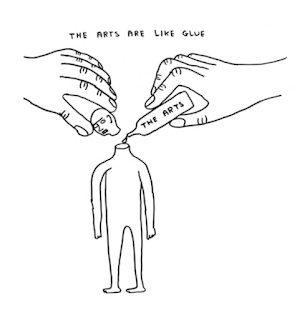






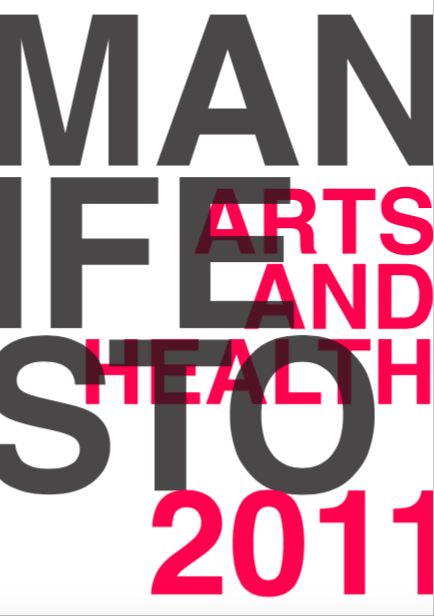
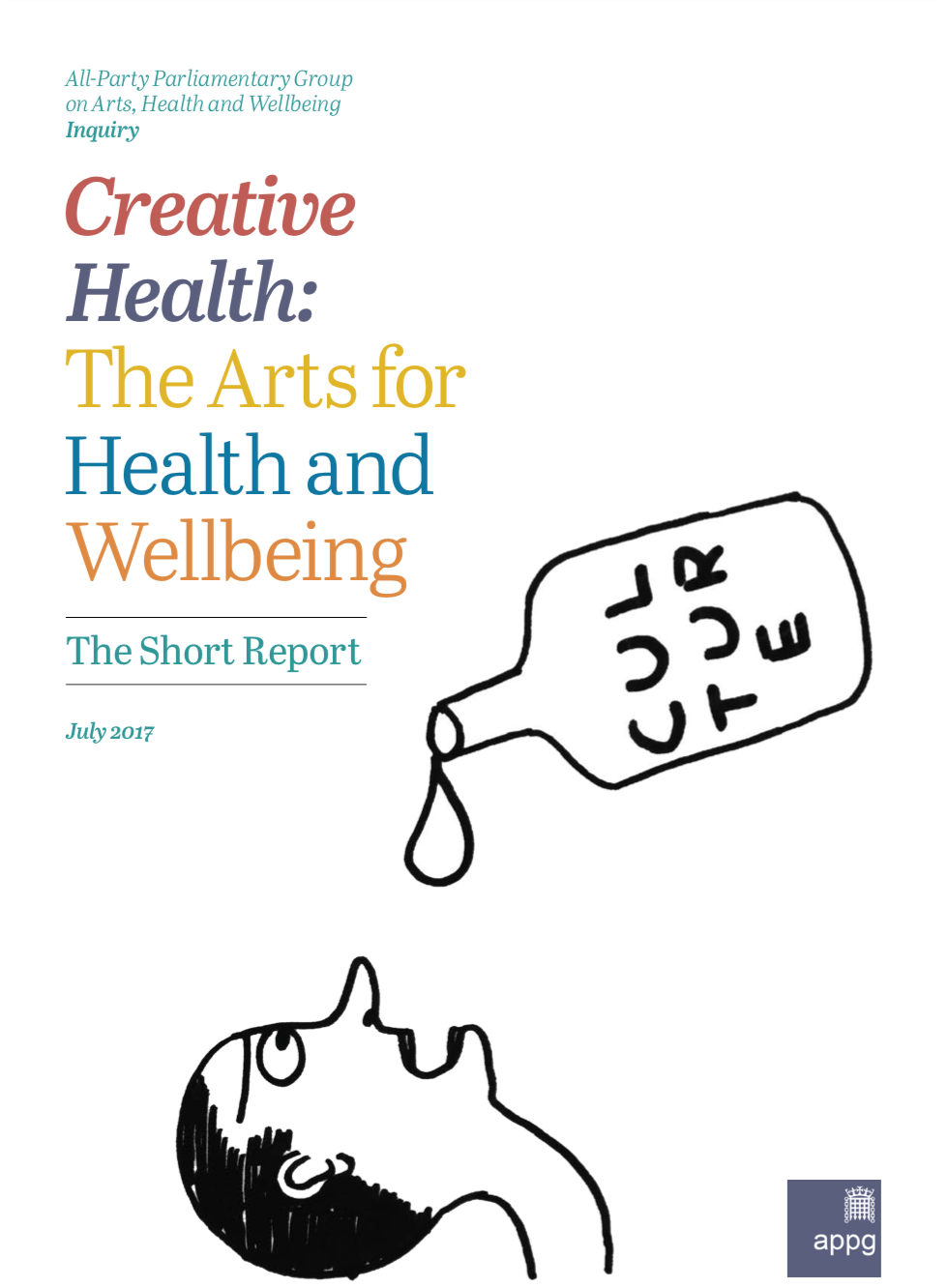

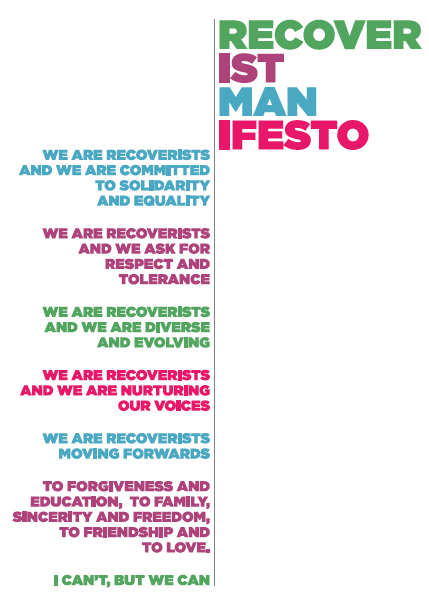
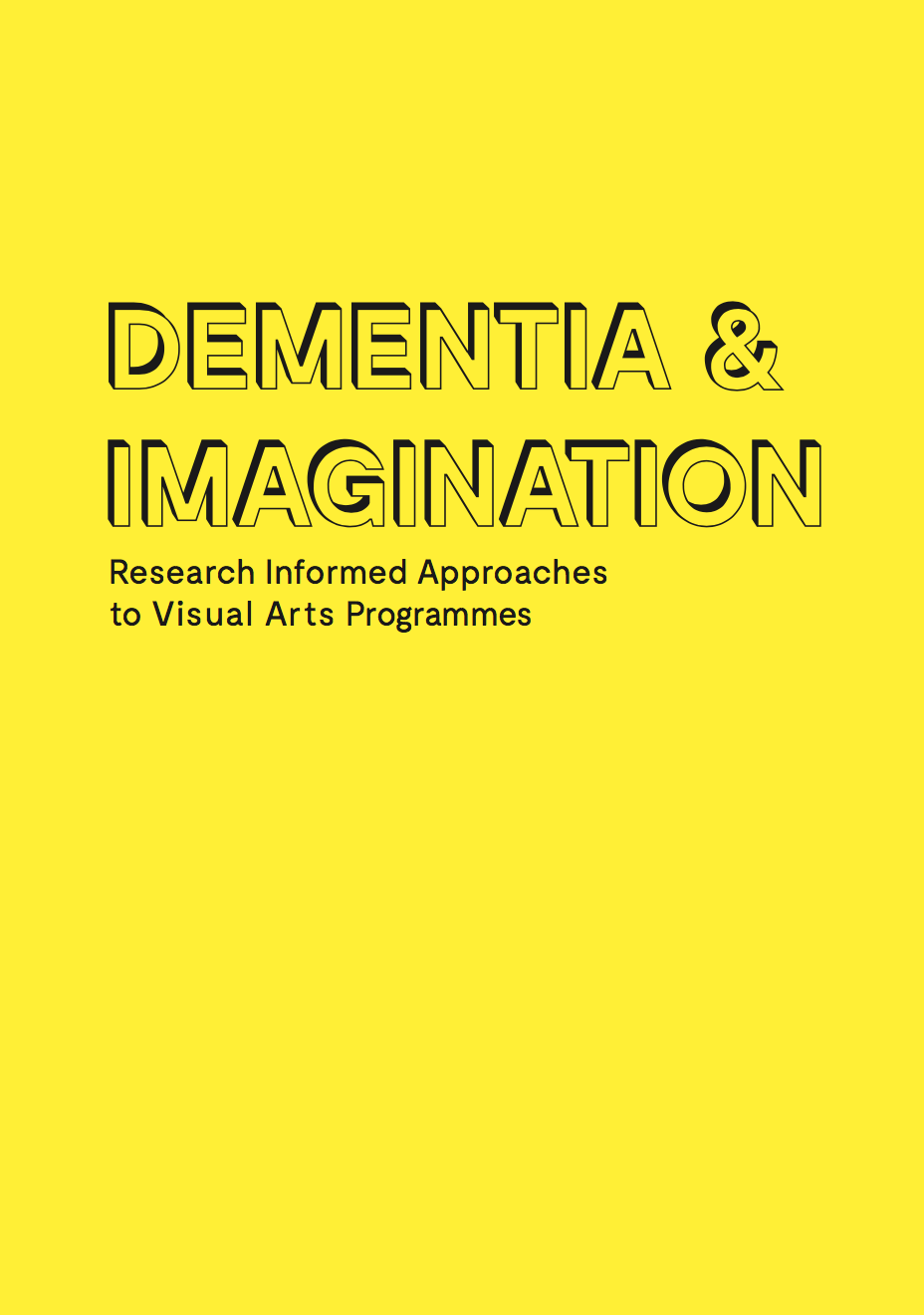
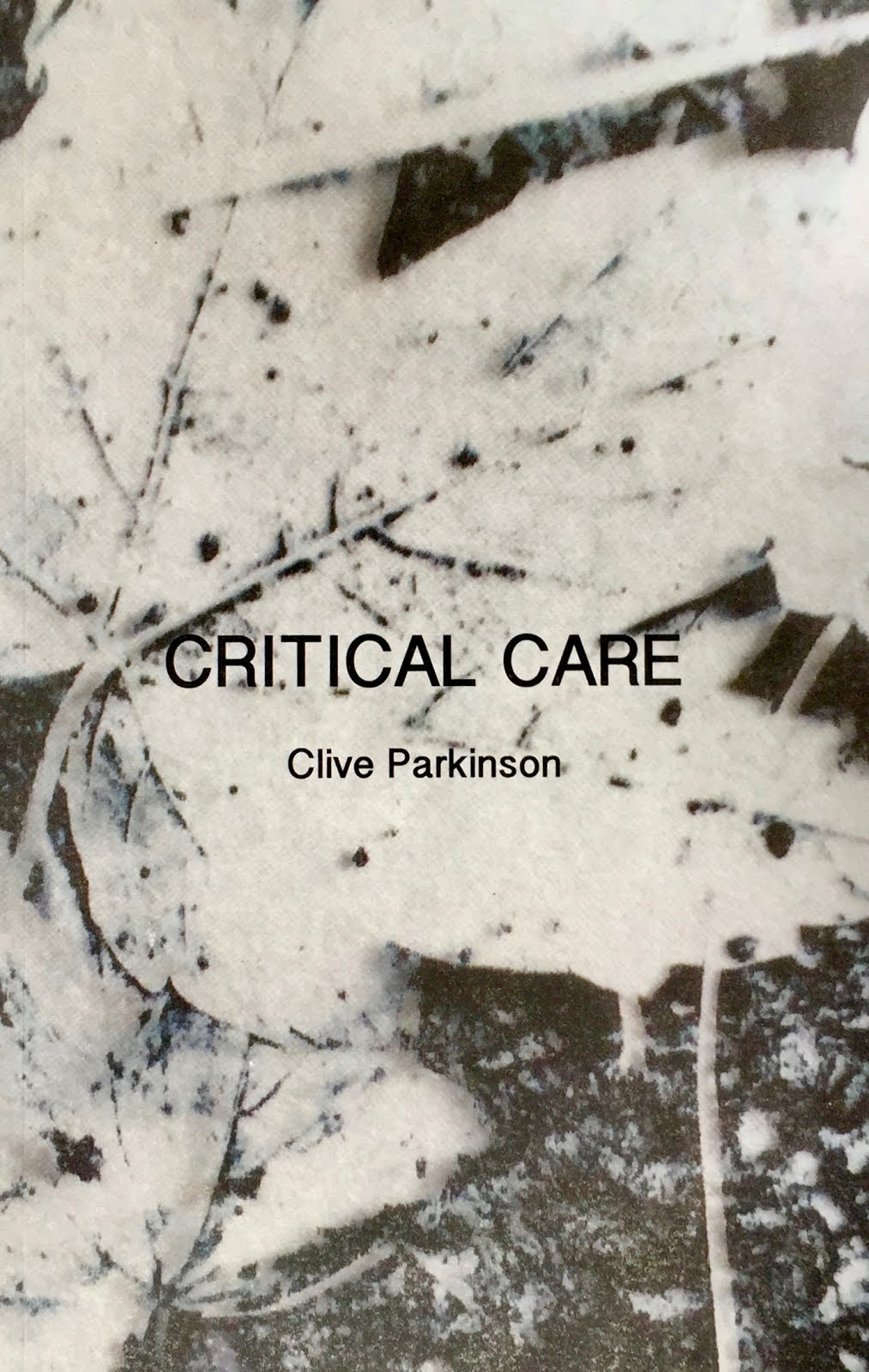


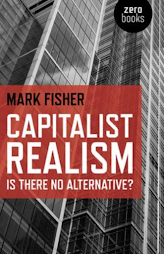
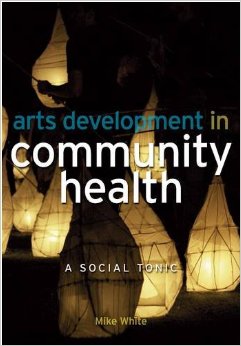




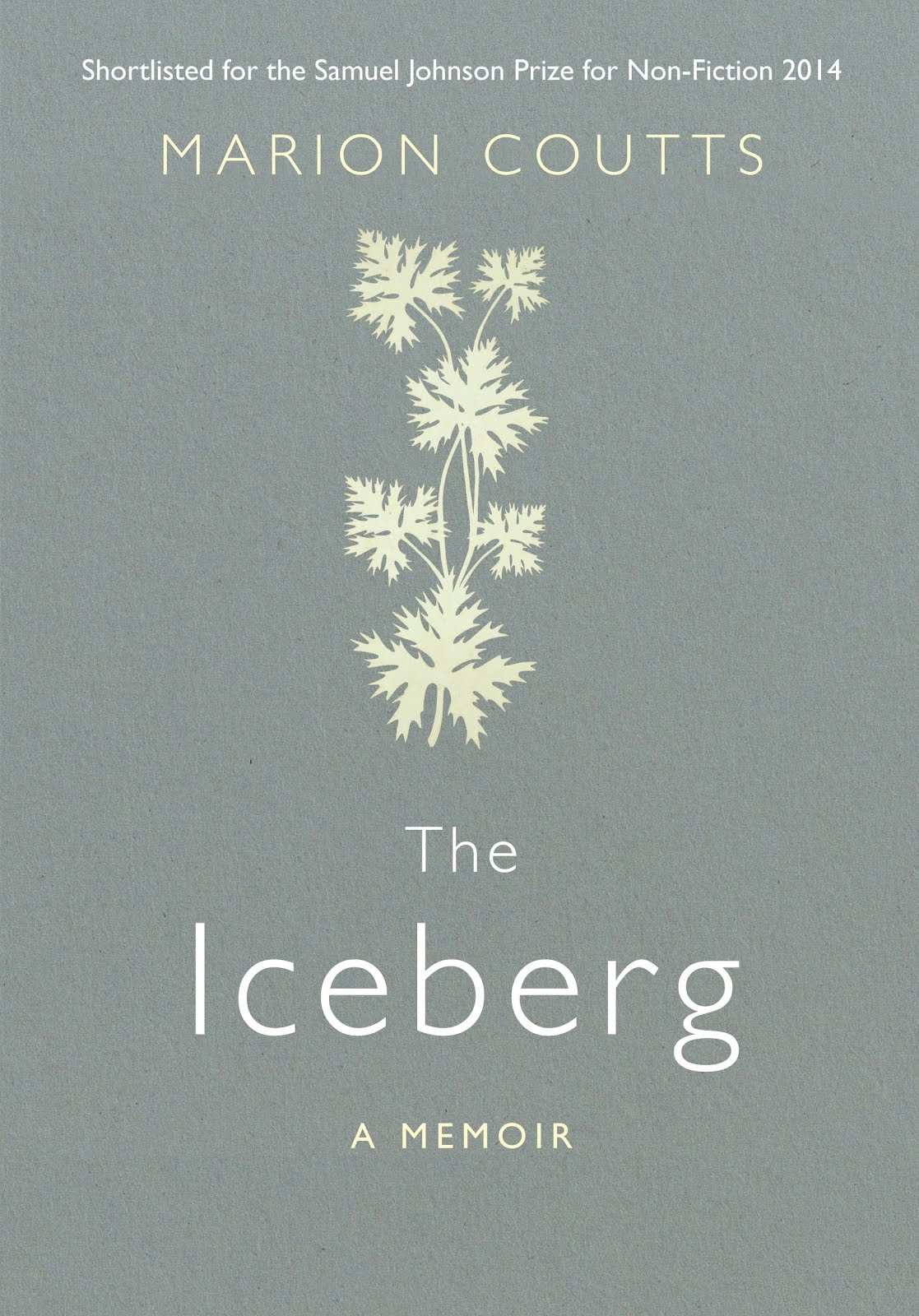








No comments:
Post a Comment